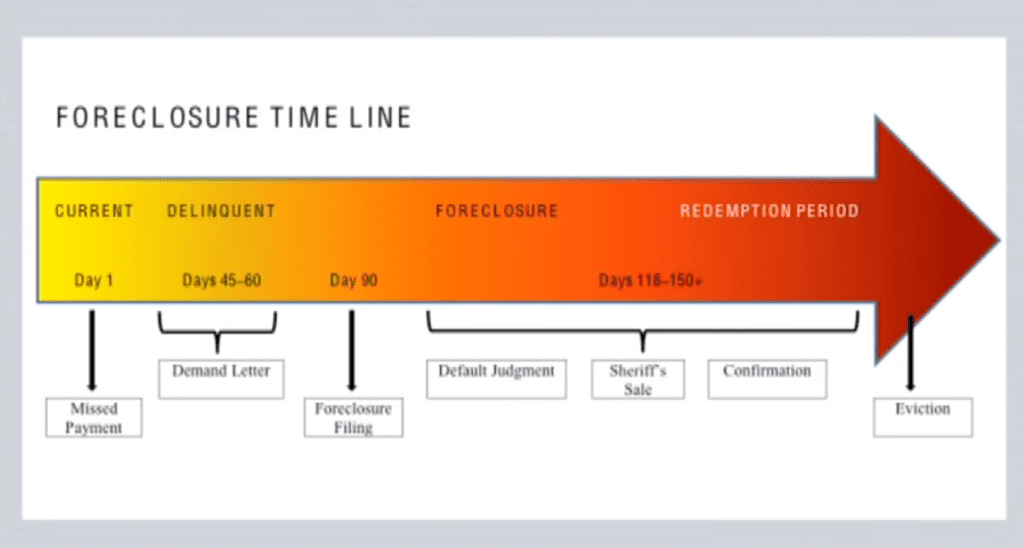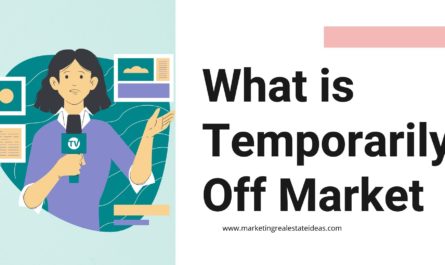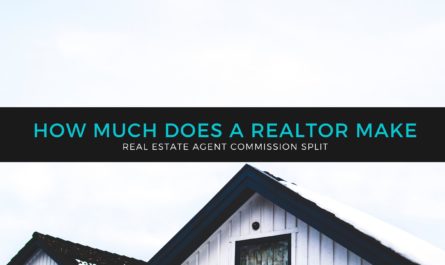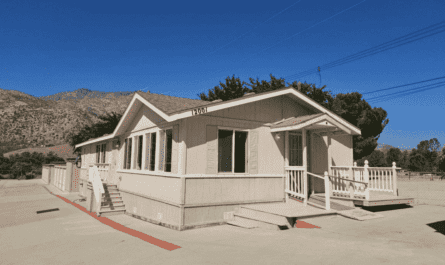I want to talk to you about my home was foreclosed on now what happens to your house after foreclosure. But before I start talking about what happens after foreclosure. I need to review a few basics about what happened when you bought your home and got a loan to pay for it.

When you bought your home the former owner transferred ownership with a deed naming you as the new owner. That deed was recorded by the county recorder in the county where your property is located.
Once the deed is recorded this tells everyone who’s interested in the property that you are now the owner. This deed tells the county treasurer who is responsible for property taxes and tells the city or town or village you live in who is responsible for maintaining the property.
My Home was Foreclosed on Now What
When you become the owner you assume all the responsibilities of ownership like bowing the grass, making repairs, doing general maintenance and upkeep and paying the property taxes. If you live in a condominium or in a housing development with a homeowner’s association. You may also be obligated to pay association fees.
So now you find yourself in the unfortunate situation of losing your home and foreclosure. I hope before this happened that you explored all your options for loan modifications or loan rescue assistance.
But sometimes your finances just don’t work or your situation has changed so much that remaining in your home is not your best option. You may feel discouraged and think fine if the bank wants my house they can have my house and just walk away.
But just walking away or leaving sooner than you need to can create a whole other set of problems to complicate your life. Let me explain:
First, you are not actually in foreclosure until you have been served with court papers, a summons, and a complaint in foreclosure. You have probably gotten notices from your lender or servicer saying you are in default and demanding payment in full or threatening to refer you to the legal department or foreclosure that is not a foreclosure.
How long does a foreclosure take

Here’s a graphic that lays out the steps involved in the foreclosure and gives you an approximate timeline. This is the absolute fastest that a foreclosure can happen if you as the homeowner do not participate in the court case.
In Ohio, a foreclosure almost never happens this quickly, but even if it did you are looking at six months of time. You will know how fast your case is working its way through the court. If you participate by filing an answer.
Even if you don’t have any reasons to dispute the foreclosure. If you file an answer you will get notices telling you when a judgment has been issued. When the sheriff’s sale is scheduled and when the sale to a new owner has been confirmed.
Having this information will help you decide when you should move. Filing the foreclosure does not mean you are immediately evicted from your home. Even though you have not paid your mortgage you are still the owner of a home and you have the right to remain in your home until the sale to a new owner has been confirmed.
Staying in your home until a new owner has been confirmed will give you time to make other living arrangements and frankly, may give you time to put together the money you need to relocate.
Staying in your home will also help preserve the property and keep it from being vandalized, Maintaining more value for the sale and decreasing any deficiency. Just because your lender actually filed a foreclosure case does not mean that the ownership of your house will change.
Sometimes lenders start foreclosure cases but do not follow through with a sale of the property once a judgment is issued. There may be other reasons the sale does not take place. If you make the decision to leave before the sale of your home is confirmed you will still have the responsibilities that you signed up for when you became a homeowner.
Your lender has no obligation to maintain your home. Remember what we talked about earlier a recorded deed tells the world you own the property. Until there is a new deed the world still thinks that you are the owner and here is the problem.
If you abandon the home and ownership does not change, you may eventually be cited for zoning violations or for maintaining a public nuisance. Your house could be quickly and easily stripped of all valuable and recyclable materials.
The fines associated with these criminal charges can add up quickly and could potentially subject you to contempt charges in possible jail time if you ignore the problem.
You don’t want to be surprised a couple of years down the road when the city or town or village where you used to live finds you and serves you with a nuisance complaint and orders you to remedy the problems.
So if you live in your house until the foreclosure is complete what will happen after the sale.
Can the sheriff just come and set you out?
The answer is no, not without a special order called a writ of restitution. If you are still living in your home the new owner can request this writ without filing any new court papers. The sheriff will come and serve you with the writ tell you to vacate and tell you when he or she will come back to remove your stuff if you have not moved.
If you have been a part of the court case you will know when the sale takes place and when the sale is confirmed. So you will have a good idea of when you actually do need to move. I hope that by that time you will have been able to make other living arrangements.




2 thoughts on “My Home was Foreclosed on Now What | Responsibilities After Foreclosed”